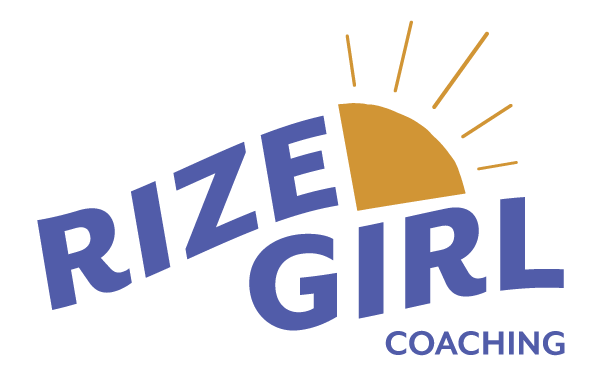
Rize resources
BLOG POSTS
In the whirlwind of parenting a teenage or young adult daughter, it's easy to get caught up in the day-to-day challenges and forget about the bigger picture. As parents, we all want the best for our children, and one of the greatest gifts we can give them is the opportunity for self-development. In this crucial stage of their lives, investing in personal growth isn't just a luxury—it's a necessity.
Courage, flexibility, authenticity, resilience, connection and relationship-building, self-care, self-compassion, growth mindset. These are a few of the soft skills that lead to success and fulfillment in academics, career and family life. They are critical to the success of young women as they transition into adulthood and as they face gender equity issues in the workplace and beyond. So, how do we get girls excited about developing a leadership skillset?
As adults, we often like to ask the young girls in our lives, “what do you want to DO when you grow up”? Or, “what do you want to study in school”? These questions provide an opportunity to connect with and better understand the wonderful little humans we care about. The often overlooked question that we need to be asking our girls instead is, “who do you want to BE when you grow up?” and equally as imporant, “who are you NOW?”
As a recovering over-achiever, I know first hand that climbing the success mountain can result in nothing more than backpack full of gold stars that leave you feeling burnt out and lost. Your achievements have weighed you down, the pressure to continue performing looms and you are navigating without an internal compass. Let’s try that same hike with a discovery mindset.
Anxiety is rising for all young people, but for girls, the problem is magnified. A recent study found that 30% of girls and young women experience symptoms of anxiety, compared to 13% of boys and young men. This gender imbalance only magnifies as girls enter univeristy and early adulthood - the American College Health Association reports that undergraduate women are 43% more likely to report feeling overcome by anxiety.







